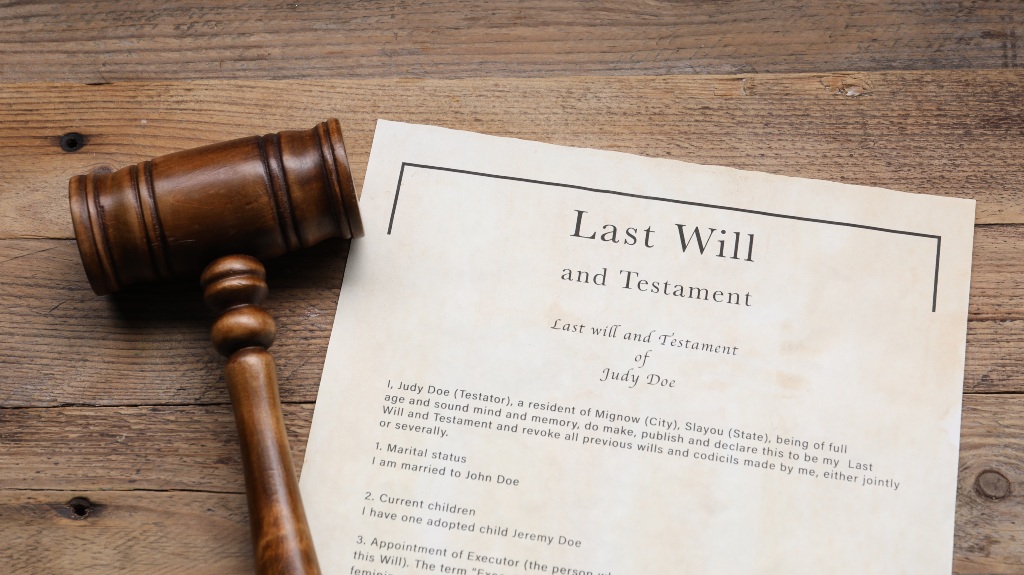
Although planning for the future might feel uneasy, it is crucial—especially when it comes to deciding what happens to your property after you pass away. In Louisiana, if you die without a valid Last Will and Testament, your estate goes through a legal process called intestate succession, which follows specific laws to determine who inherits your assets.
Understanding how succession works without a Will is crucial for anyone who wants to protect their loved ones, preserve family property, or avoid unnecessary legal complications.
What Is Intestate Succession?
In Louisiana, intestate succession refers to the process the courts use to distribute a deceased person’s assets when there is no Will. However, because Louisiana is the only U.S. state that follows a civil law system based on the Napoleonic Code, its inheritance laws are unique and sometimes complex.
The Louisiana Civil Code outlines a strict order of who inherits when someone dies intestate. This order depends heavily on the deceased person’s family structure at the time of death.
Who Inherits If There’s No Will?
Here’s how Louisiana’s intestate succession works, broken down by situation:
Children but No Spouse
If the deceased has biological or legally adopted children, the estate goes to them in equal shares. Louisiana also recognizes representation, which allows grandchildren to inherit their deceased parent’s share.
Spouse but No Children
If no children exist, the surviving spouse inherits the deceased’s community property—assets acquired during the marriage. However, any separate property (owned by the deceased before marriage or received as a gift/inheritance) typically goes to the deceased’s closest blood relatives.
Spouse and Children
This situation is where Louisiana law becomes more unique. The surviving spouse retains a usufruct (a right to use) over the deceased’s community property, usually until remarriage or death. At the same time, the children inherit the naked ownership (full ownership minus the usufruct).
No Spouse or Children
If there are no descendants or surviving spouse, the estate passes to the deceased’s parents and siblings. If the parents are deceased, the siblings inherit the estate. If there are no siblings, it may go to more distant relatives like cousins or grandparents.
No Legal Heirs
If no qualifying heirs can be found, the estate eventually escheats to the State of Louisiana. This is rare but can happen if there are no traceable family members and no Will.

What Happens To Minor Children?
If minor children are heirs, the court may appoint a tutor (guardian) to manage their inherited property until they reach adulthood. Without a Will naming a preferred tutor, the court chooses based on its own criteria, which may not align with what the deceased would have wanted.
Why You Shouldn’t Leave It To Chance
When you die without a Will in Louisiana, you lose the opportunity to control who inherits your assets, who raises your children, or how sentimental family property is handled. Intestate succession may result in outcomes that do not reflect your wishes and could cause disputes among your loved ones.
Creating a legally sound Will ensures your intentions are clearly documented and followed. It also simplifies the succession process, saves your family time and money, and provides peace of mind for the future.
Contact Us Today To Learn More
At Losavio & DeJean, LLC, we help families across Louisiana create estate plans that reflect their values and protect their loved ones. If you do not have a Will—or if your existing plan needs updating—our experienced attorneys are here to help. Contact us today for a confidential consultation and take control of your legacy.

